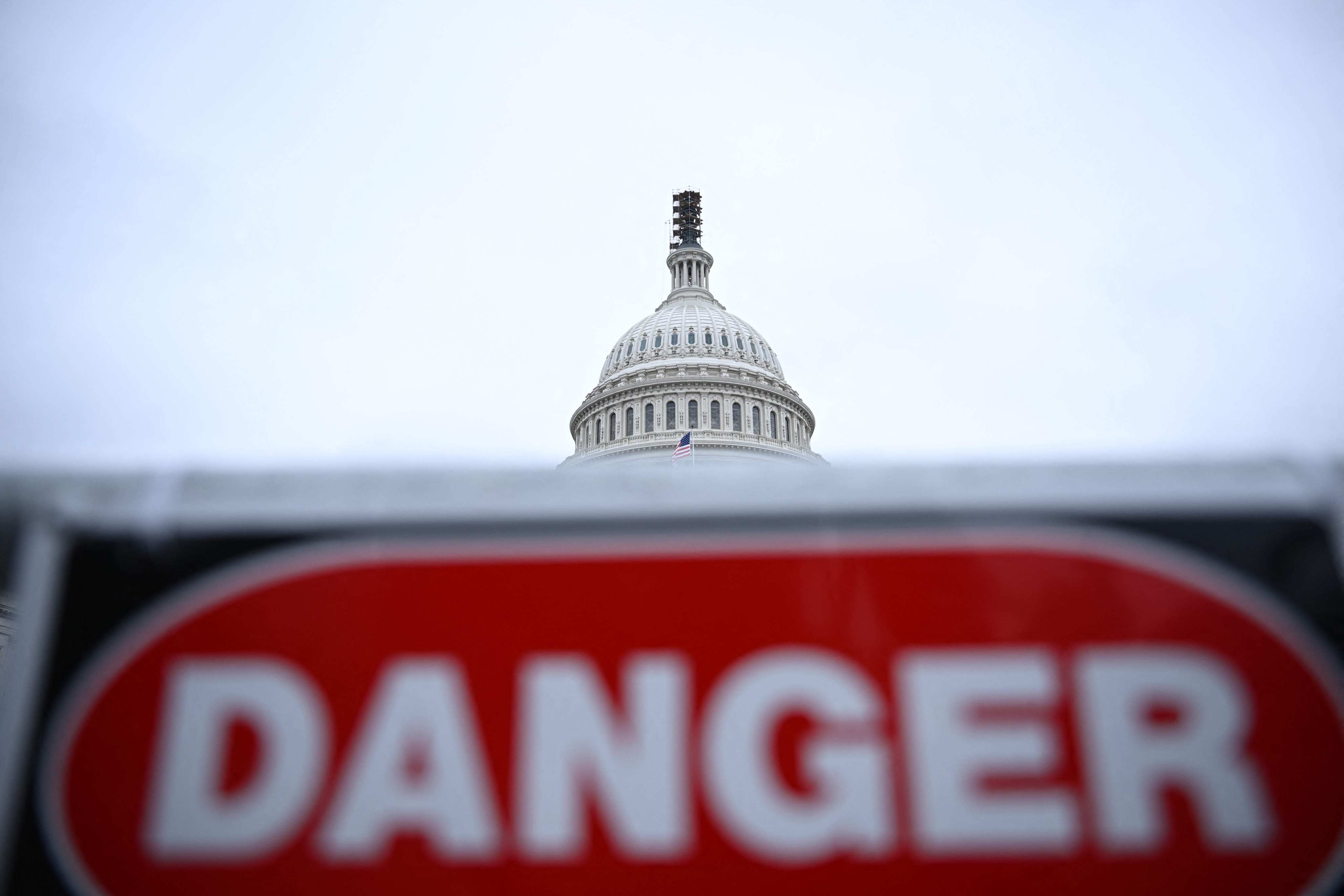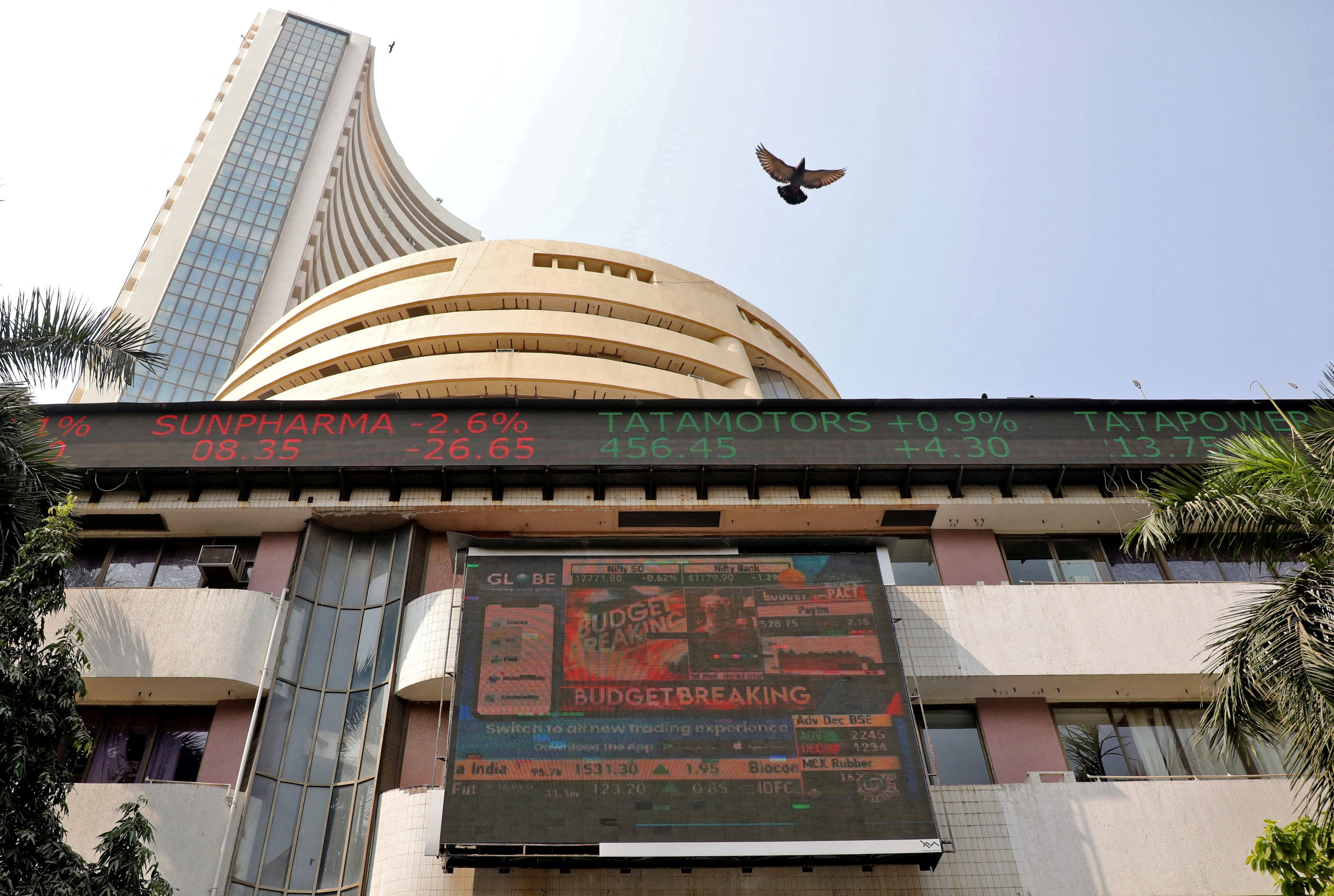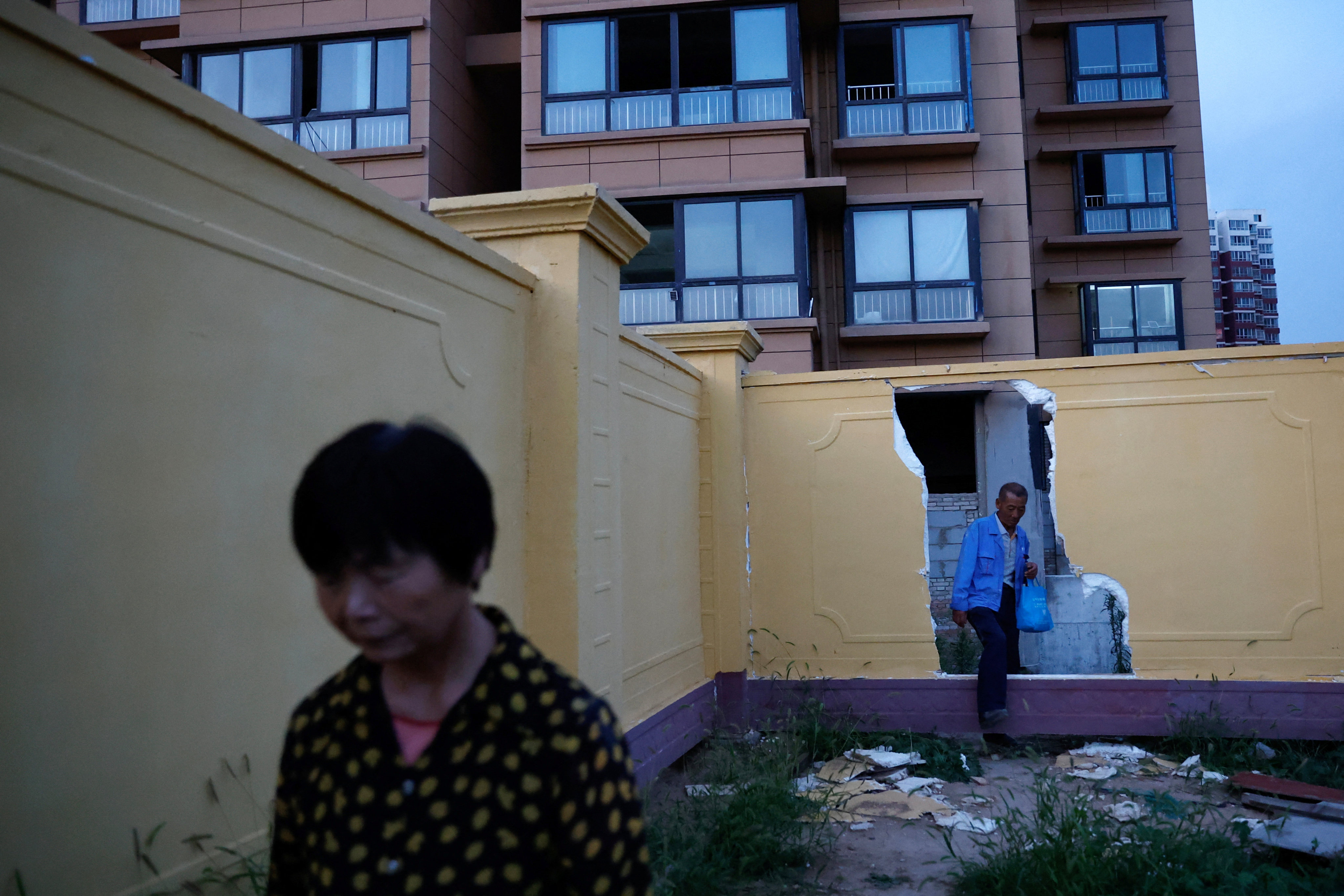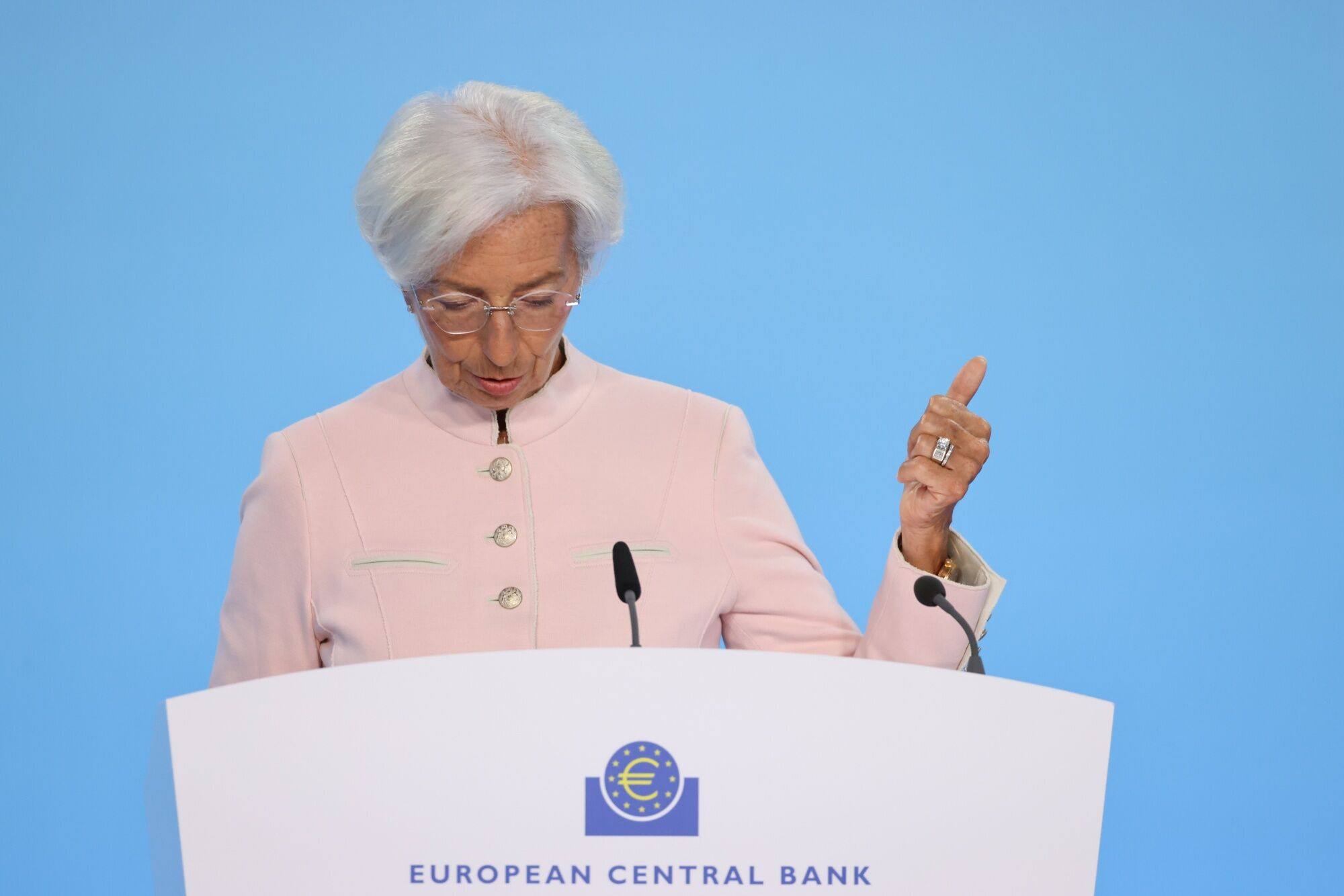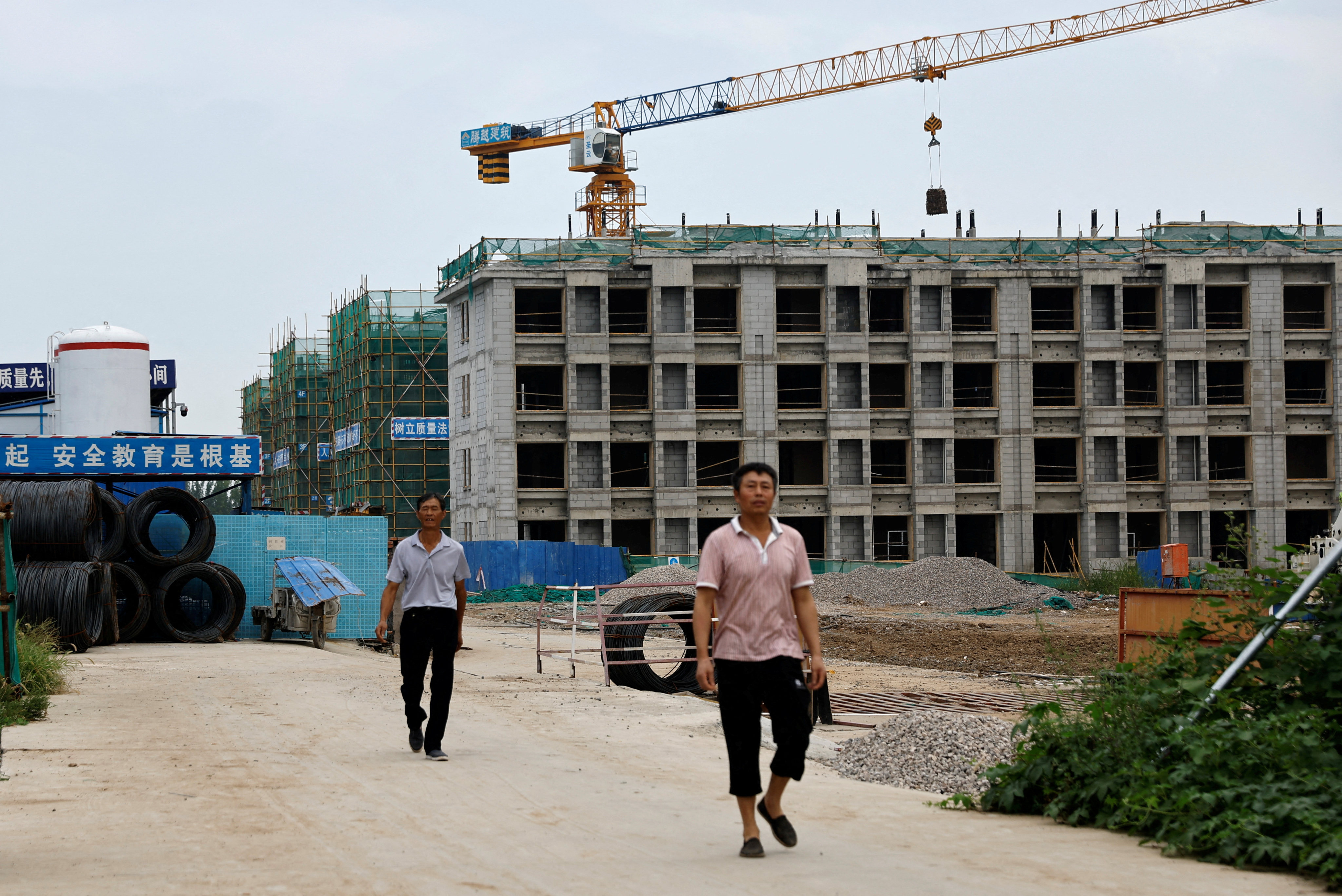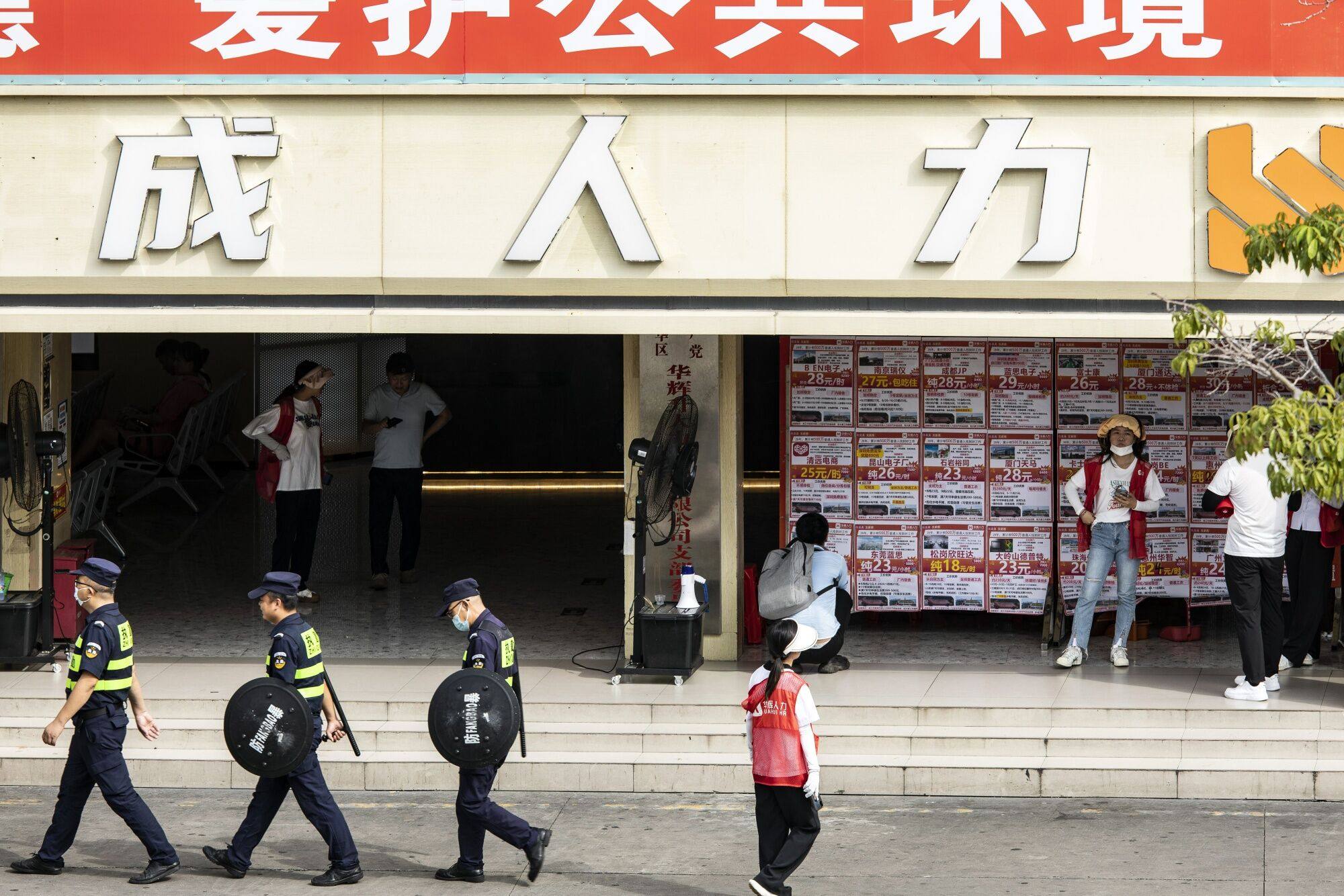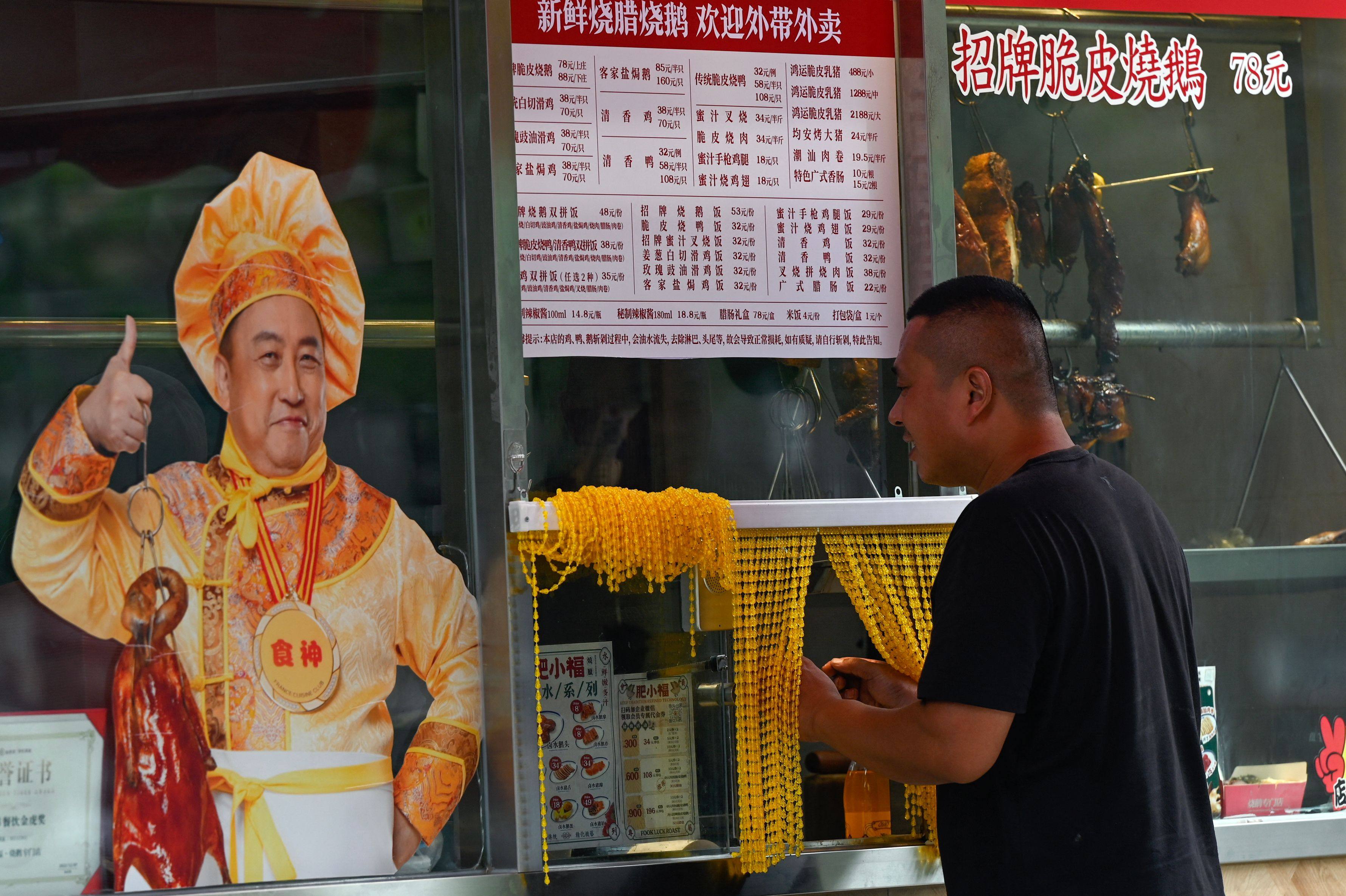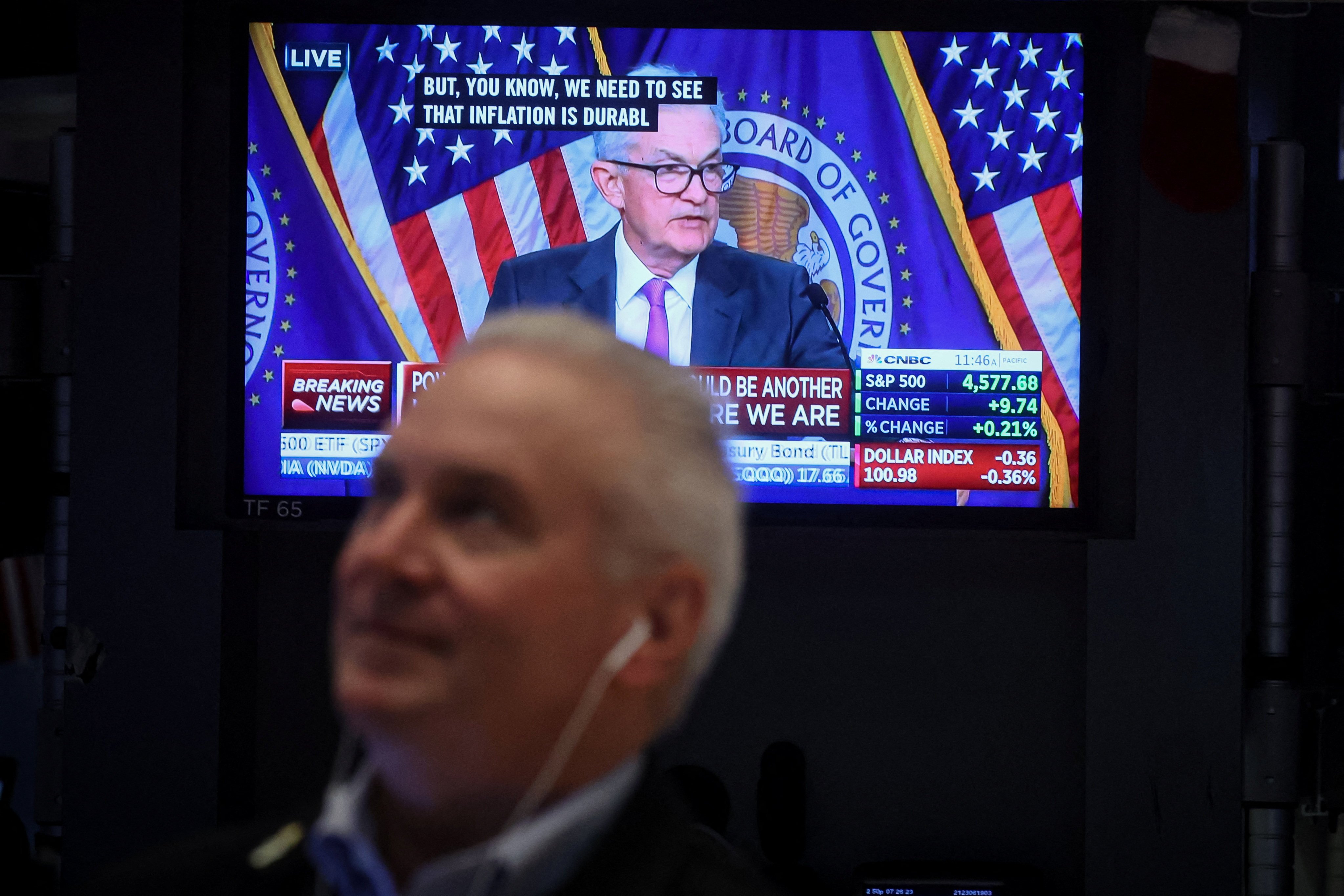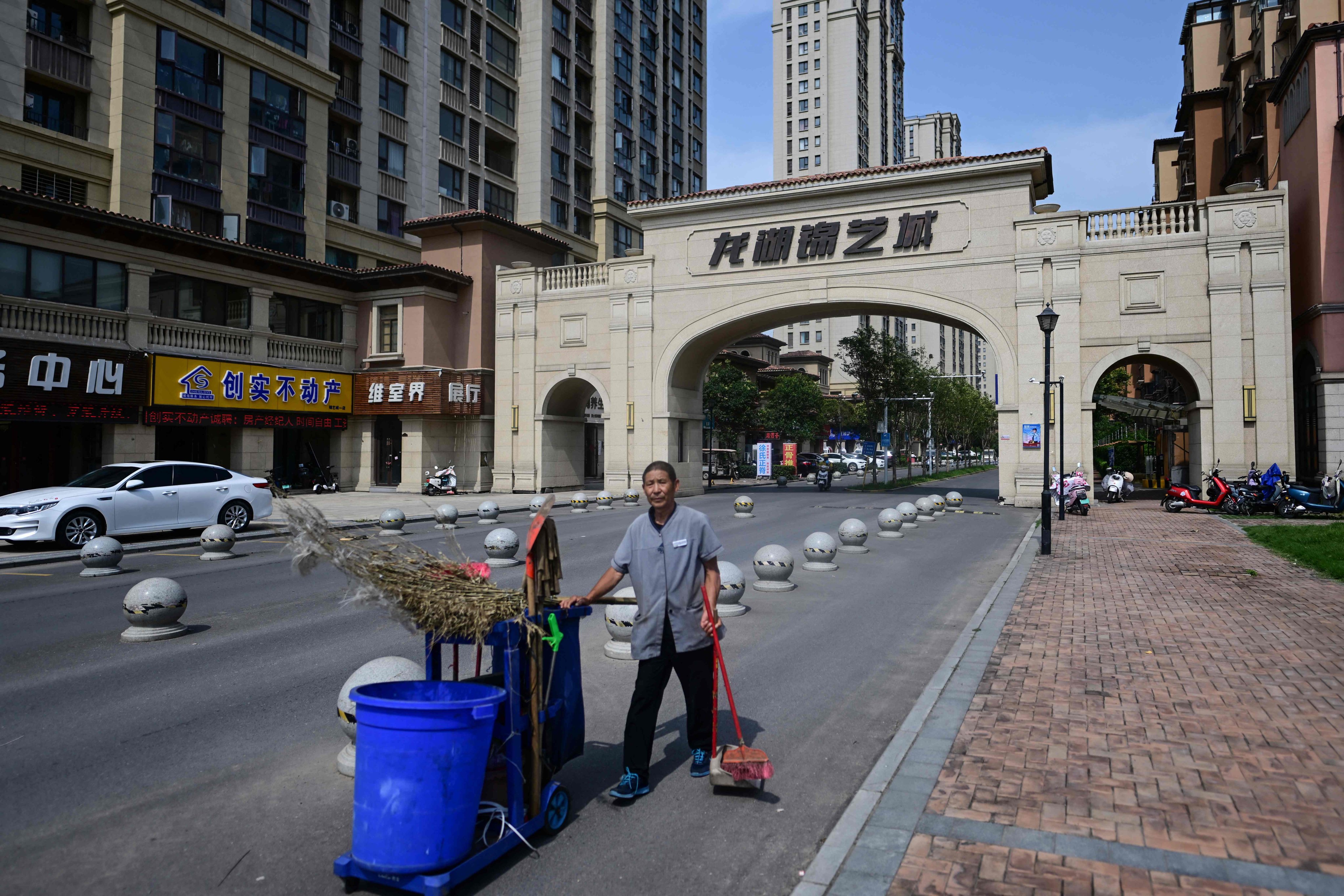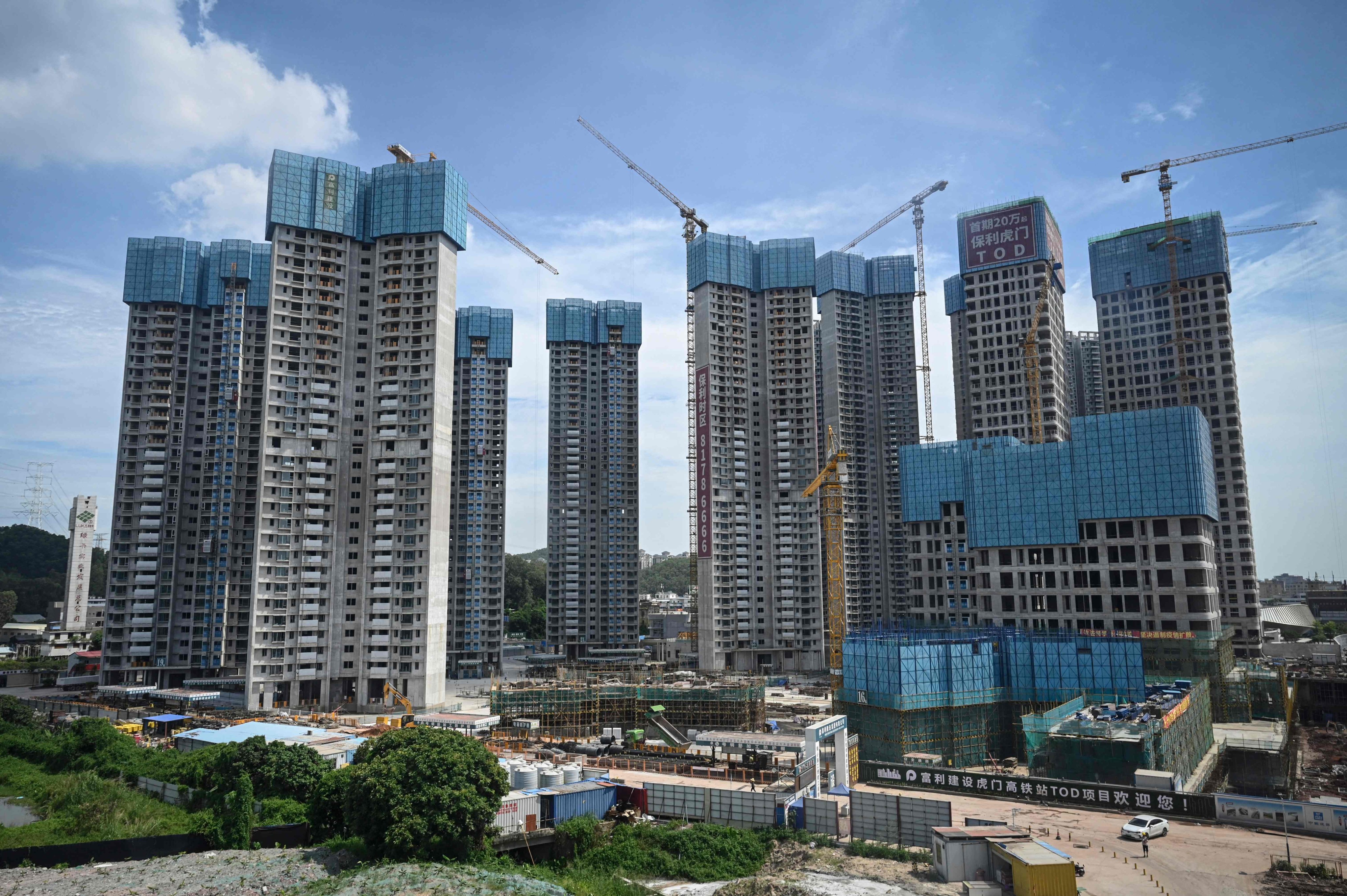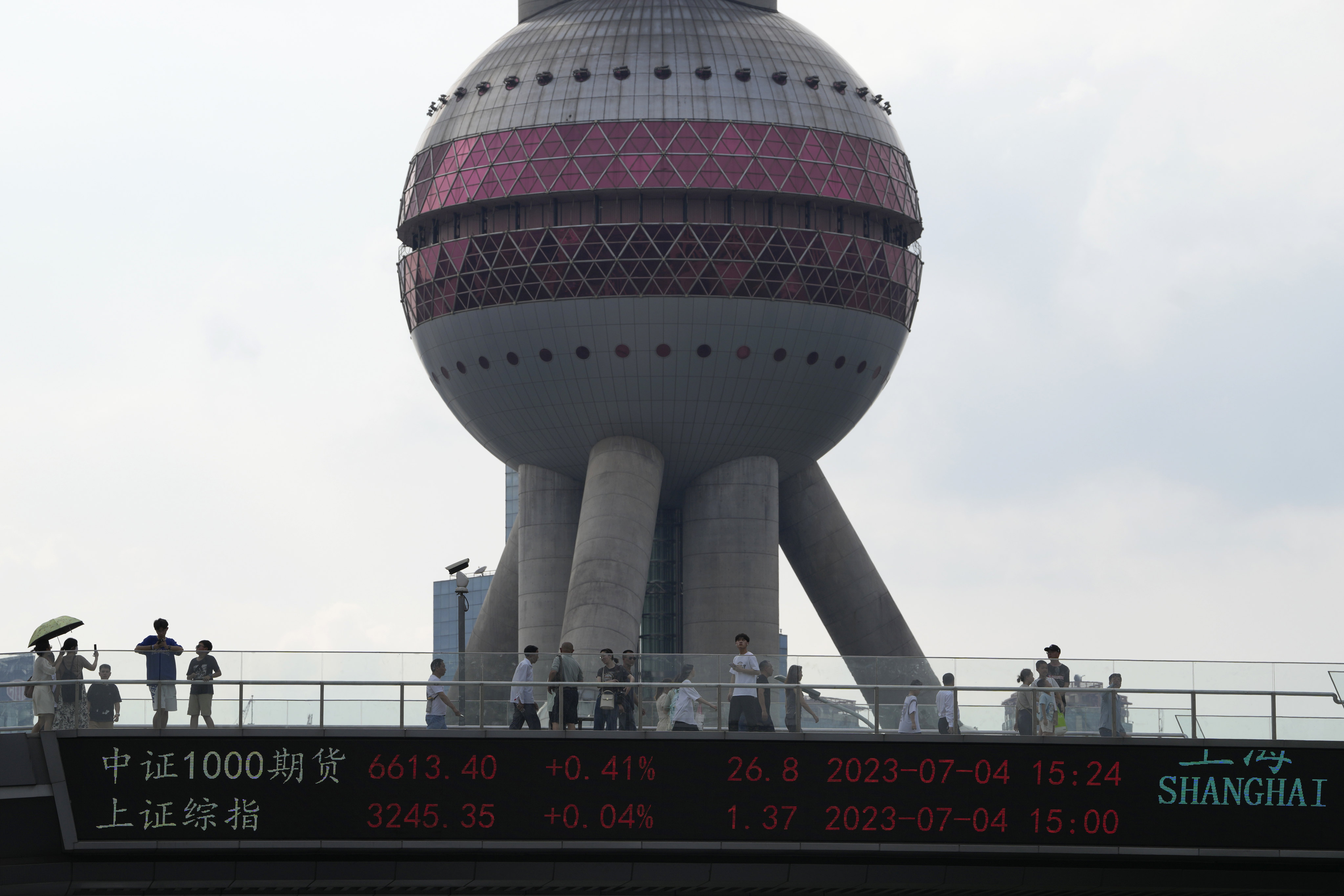
it has become clear investors are out of their depth when it comes to gauging non-economic threats, particularly geopolitical risk. Analytical humility is more important than ever for those trying to make sense of the world.
Singapore’s housing market and South Korea’s grade A office market are outperforming most others. Japan, meanwhile, is benefiting from efforts to relocate supply chains away from China.
China’s economic growth has disappointed investors this year, due in part to the property sector’s struggles but also outsize expectations. But the real source of concern should be the United States, now grappling with a full-blown debt crisis amid a looming recession and political dysfunction.
While Southeast Asian tourism is feeling the lack of Chinese travellers, China’s domestic tourist market is a glowing picture of Chinese consumption. Fewer Chinese travellers are venturing overseas, not just because of the economic outlook, but also because of the growing appeal of domestic tourism.
Indian shares are on course for their eighth straight year of gains, turbocharged by the succession of policy shocks in China. With India’s inclusion in JPMorgan’s bond index next year, however, greater foreign scrutiny of its economy and markets can be expected.
Continuing economic pessimism and recent policy measures to shore up the property sector are feeding hopes that a massive boost is yet to come. Investors are underestimating China’s determination to cut its reliance on property asset inflation for growth, and turn instead to technology and high-end manufacturing.
Like China, EU economies are struggling with sputtering growth. But they have one more headache China does not have – persistent high inflation that makes easing monetary policy difficult. Europe is already facing a hard landing.
In markets like Hong Kong and Singapore, pandemic-induced disruption in real estate has been less severe and office leasing activity remains strong. But with falling transaction volumes in the Asian office sector, hybrid working is a trend occupiers, landlords and investors must take more seriously.
While the struggles of the Chinese and US economies have drawn most of the world’s attention, the doom and gloom around them is not the whole story. Market surges in India and South Korea as well as world-leading interest rate cuts in Brazil and Poland show there are grounds for cautious optimism.
The market impact of foreign buyers has been exaggerated. Pointing the finger at foreigners is a distraction from the main problem bedevilling Australia’s housing market – a severe shortage exacerbated by the lack of needed planning reform.
Although Chinese assets are performing badly, the risks in the Chinese economy are at least reflected in prices. The US and Europe may seem to be doing much better, but scratch the surface and a number of growth and price control challenges lurk.
Negligible pressure from global markets – which often forces the hand of policymakers – suggests China’s problems are not a big worry on Wall Street. The real estate sector in the United States and Europe is seen as a more likely source for a systemic credit event than Chinese property.
The outlook for China’s property sector is undeniably bleak, and the effects are being felt on the broader economy and markets. Yet, the strong performance and bright outlook for parts of the commercial property market are inspiring confidence
Rather than speculating on the possible benefits of Chinese deflation for other economies, the focus should be on threats to the global economy and markets, plus how Beijing intends to revive growth while maintaining financial stability.
While the acute risks in China’s real estate sector should not be downplayed, their effect on global markets is prone to misinterpretation and exaggeration. Stability is the overriding priority in China’s state-controlled financial system, and more aggressive stimulus are available if needed.
The differences in fortunes between China and the other Brics members are complicating plans for expansion and challenging the US dollar. The more dependent the group is on China, the deeper the fault lines within the bloc and the more difficult it is to coordinate policy.
The upside for Chinese assets is significant provided Beijing springs a positive surprise with targeted, well-communicated support. While the policy-driven rally of the past fortnight is flagging, it shows there is potential for a meaningful improvement in market sentiment.
Housing prices are rising in several countries, even those with high levels of household debt and large proportions of floating rate mortgages. However, the persistence of acute vulnerabilities means global property markets will continue to emit mixed signals and perception depends on one’s stake.
The ferocity of the rally in financial markets, despite persistent vulnerabilities and global economic risks, has been striking. While there are plausible reasons for the optimism, high inflation in key economies and the possibility of a sharp downturn pose significant risks.
Japanese monetary policy, once reassuringly predictable, is now a source of uncertainty for global investors, yet Tokyo is a bastion of stability compared to many of the world’s leading office markets.
While country comparisons are often inapt, the intractable problems in China and the UK, and investors’ fearful response, merit scrutiny. The response to these problems in both countries has been found wanting, and policymakers have hard work ahead to restore confidence.
The much-anticipated reopening of China’s economy after the pandemic has not translated into a steady upturn for Hong Kong’s property market. The city’s ability to bounce back from previous crises offers hope, but patience is essential while the recovery tries to take root.
A sense of optimism has returned as investors are increasingly convinced it is possible to tame inflation without triggering a recession. But painless deflation is rare, and policy lags mean the full impact of aggressive rate increases have yet to bite.
There are good reasons to believe a far more restrained approach will prevail as Chinese policymakers try to revive a flagging economic recovery. Even if the government provides meaningful support, the overriding priority is to stabilise the market as opposed to stimulating it too much.
The argument that emerging markets were resilient enough to withstand pain in developed economies was debunked following the 2008 financial crisis. Today, however, leading emerging markets are diverging from their developed peers on monetary policy, and look set to lead the global rate-cutting cycle.
While Australia’s housing market has proved resilient, the rebound in prices has only served to heighten concerns about the fall in affordability. Bold zoning reforms by Auckland’s government that aimed to encourage the development of medium-density housing offer a way forward for Australian cities.
Sentiment towards China is bleak, but the differences between China and Japan are far more consequential than the similarities. The bigger China’s vulnerabilities, the stronger the likelihood that Beijing will deliver the necessary fiscal stimulus to kick-start growth.
Southeast Asia’s hotel industry has shown it can find its footing as it rebuilds from the ravages of the Covid-19 pandemic. However, persistently weak growth in China will inevitably take its toll on the region’s hospitality sector.
Raising interest rates high enough to end rising inflation was the easy part for central banks, but now they must get it to start going back down. The lag inherent in monetary policy means it is hard to know whether central banks have done too much.
Rising demand for investment products in Asia that exclude China is not necessarily a sign investors are jumping ship on the world’s second-largest economy. This theme catches on whenever risks in China escalate, but most of the markets viewed as attractive alternatives have their own vulnerabilities.



